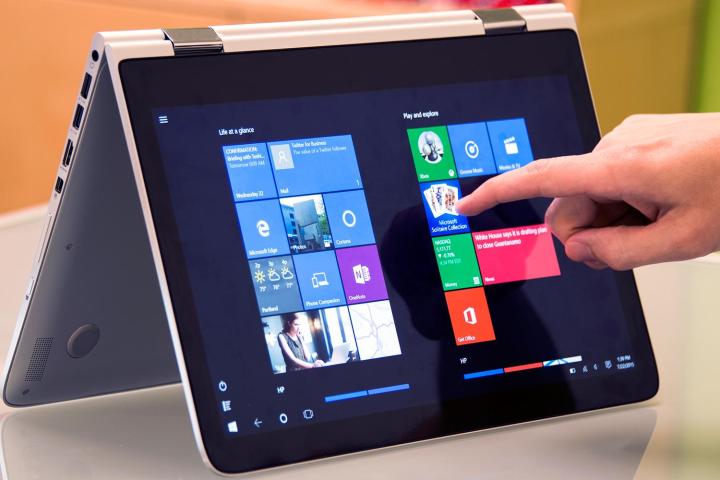
This is set to be a much bigger update than the incremental bumps Microsoft has been pushing out for the OS so far. WinBeta’s sources say much of the new functionality is going to center around the Continuum features — being able to jump between Windows devices and apps seamlessly, no matter what you’re working on. It’s also tipped to finally bring extensions to the new Microsoft Edge Web browser.
However, plans are still at an early stage for Redstone, so its list of features is by no means set in stone (of any color) — the lack of leaks about it is indicative of how far the roadmap still has to develop. WinBeta suggests users will eventually be able to roam from app to app seamlessly, even down to the exact point inside an email that you’re currently working on. It’s similar in concept to the Continuity feature in OS X El Capitan and Yosemite.
Another feature rumored to be coming in Redstone — and already available on the latest Mac desktop OSes — is the ability to make calls from the desktop through a connected mobile device. Having these kind of tools on a desktop or laptop may make users more open to using a Windows 10 Mobile smartphone, of course, and it’s in the smartphone market where Microsoft really needs to make some headway.
Redstone will mark the first stage of Microsoft’s new OS update strategy: Rather than rolling out major upgrades every few years, the company is instead going to push out smaller updates using the same Windows 10 branding. It could be a long, long time (if ever) before you see the name Windows 11 in use.
Editors' Recommendations
- If you use a VPN, don’t skip this important Windows 11 update
- The latest Windows update is breaking VPN connections
- Windows 11 tips and tricks: 8 hidden settings you need to try
- How to adjust screen resolution in Windows 11 and older
- Windows 11 vs. Windows 10: finally time to upgrade?


